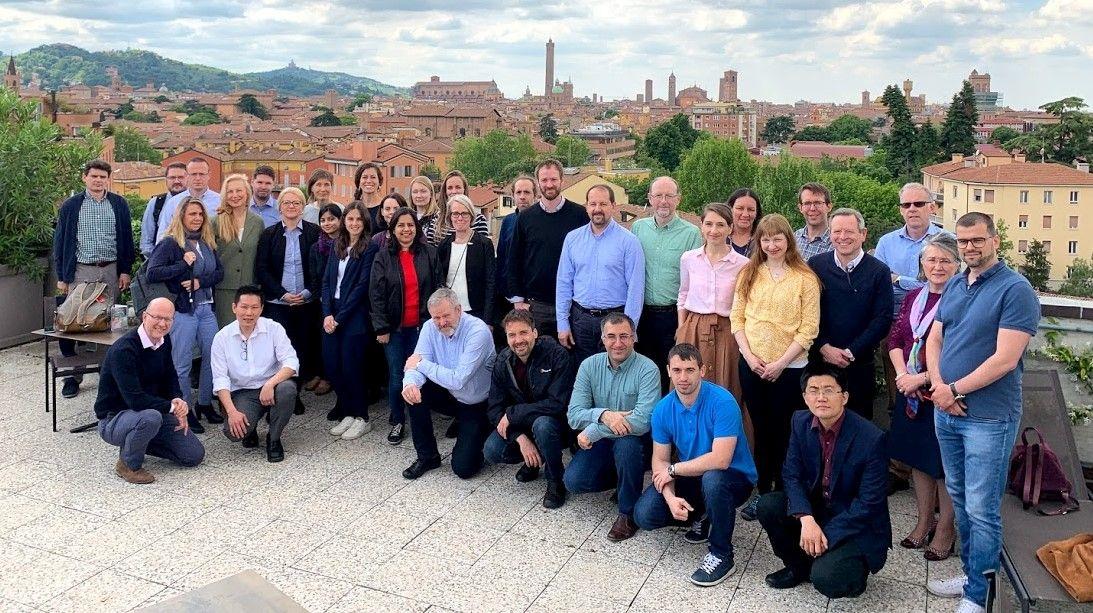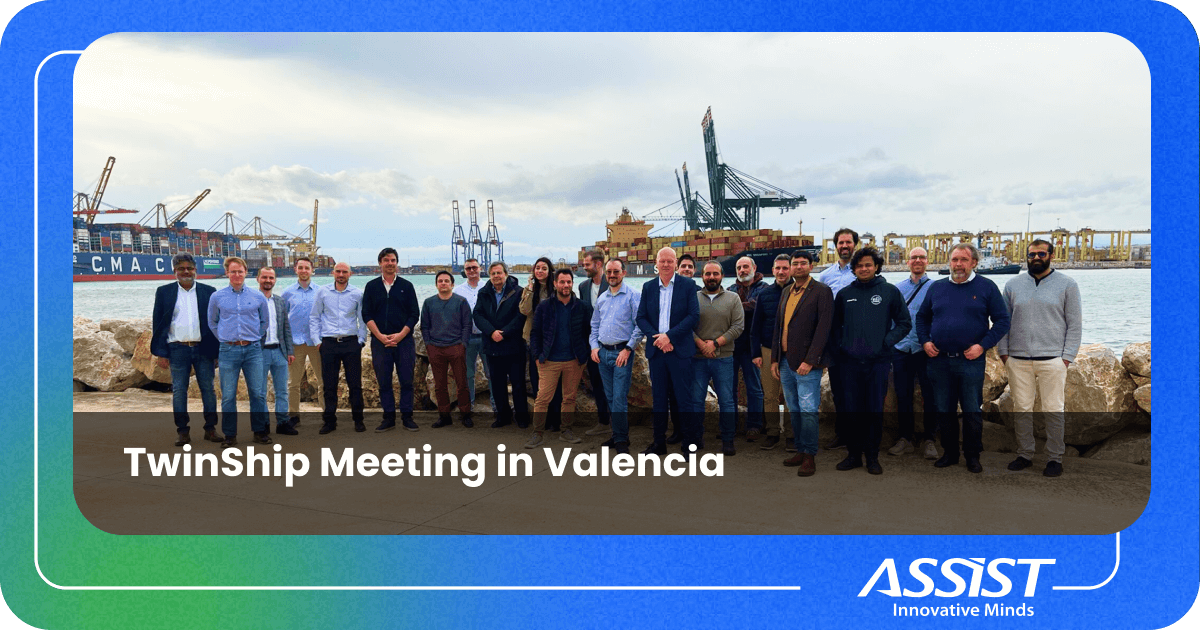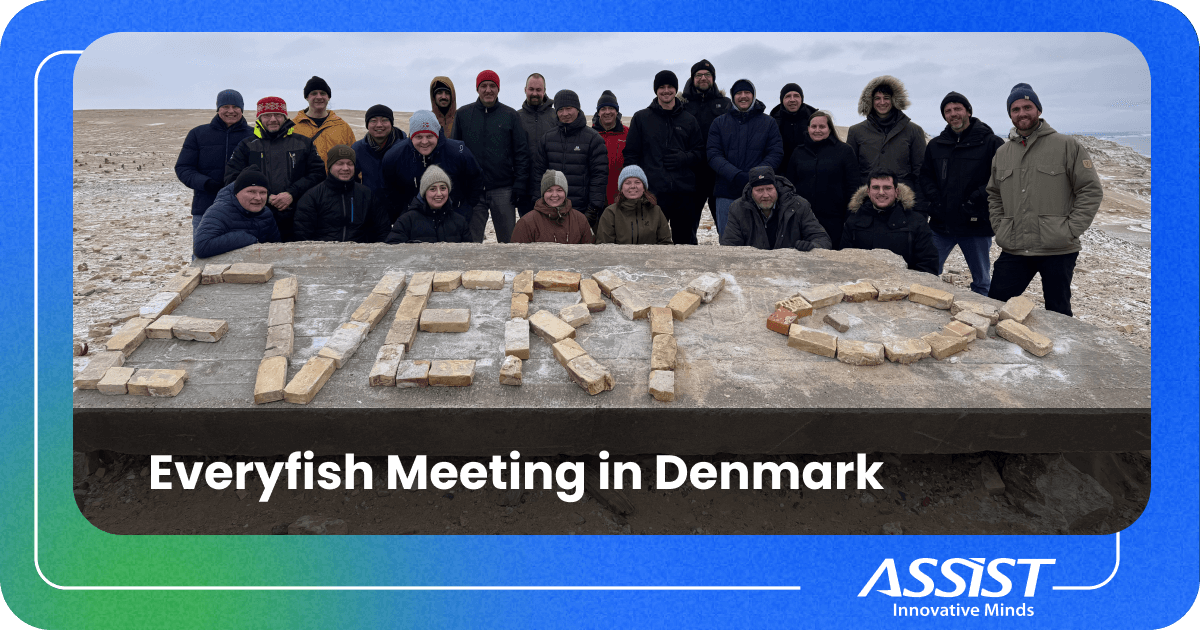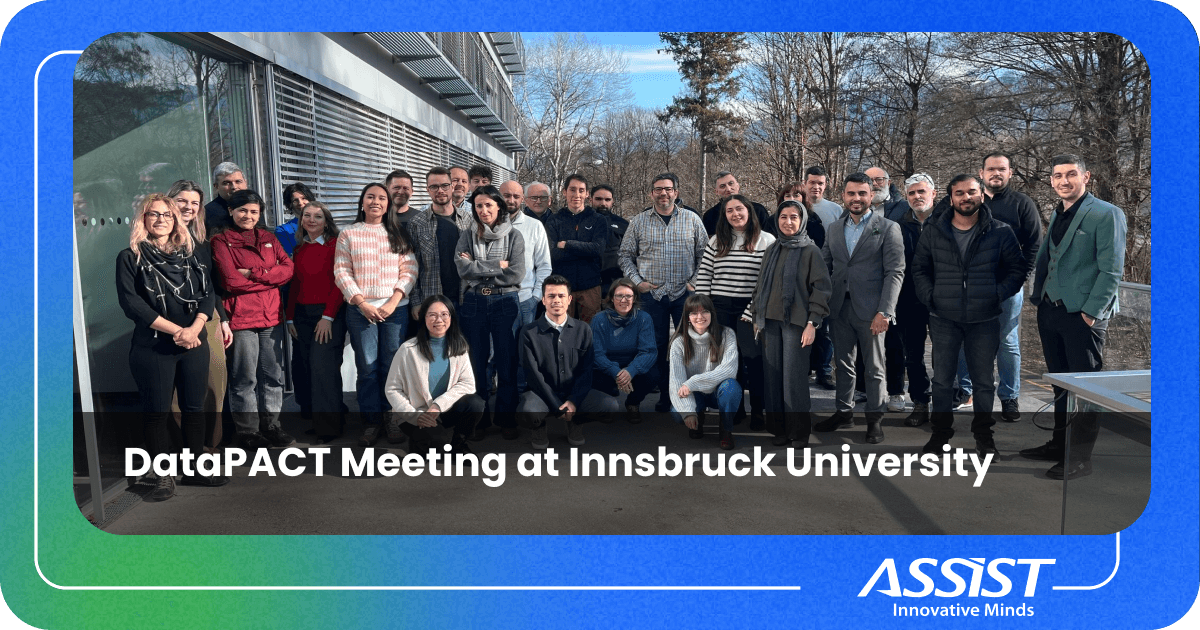4th VALUMICS Horizon 2020 Project Meeting in Italy

The 4thVALUMICS Horizon 2020 Project plenary meeting took place between the 15th and the 17th of May 2019 and was hosted by the University of Bologna (UNIBO), Italy. At the meeting were present all 21 project partners.
The first day was dedicated to the project status review, all WP leaders presenting the progress updates and also an overview of the next planned activities.
The 2nd day started with a presentation on WP5 related to the governance of the food product chaines. Core Case Study findings were presented related to the qualitative surveys that will be conducted amongst stakeholder firms in the selected value chains to
assess the impact of policies on the chains and the impacts of governance relationships. Next, the discussions lead to WP8 in regard to the building of anticipatory scenarios.
The day continued with discussions on WP7, and WP4. For WP7, University College Dublin (UCD) and ASSIST Software has presented a small demonstration of the software, with a demo for the model based on the salmon case. The demo was meant to align the expectations, the way it works and the necessary inputs for the modeling software on all established cases.
The last day continued with WP6, where was presented a status on mapping and analytical modeling inputs on key food consumption consumer behaviors in interaction with selected food value chains, WP4 related with risk assessment in food value chains and finalized with some general comments and overall impressions of the external advisors presents to the event.
The Valumics project is co-funded by the Horizon 2020 program of the European Union and submitted under the H2020-SFS-2016-2017 Innovation Action call, under topic SFS-33-2016 with project ID 727243-2.



